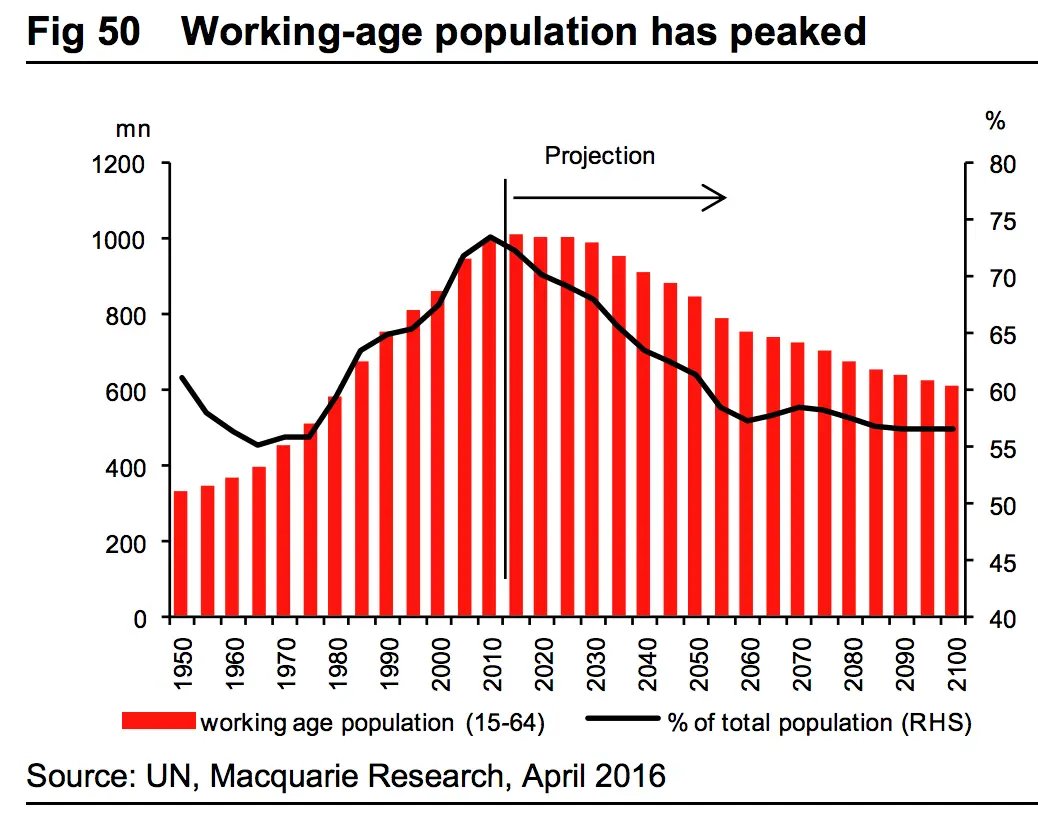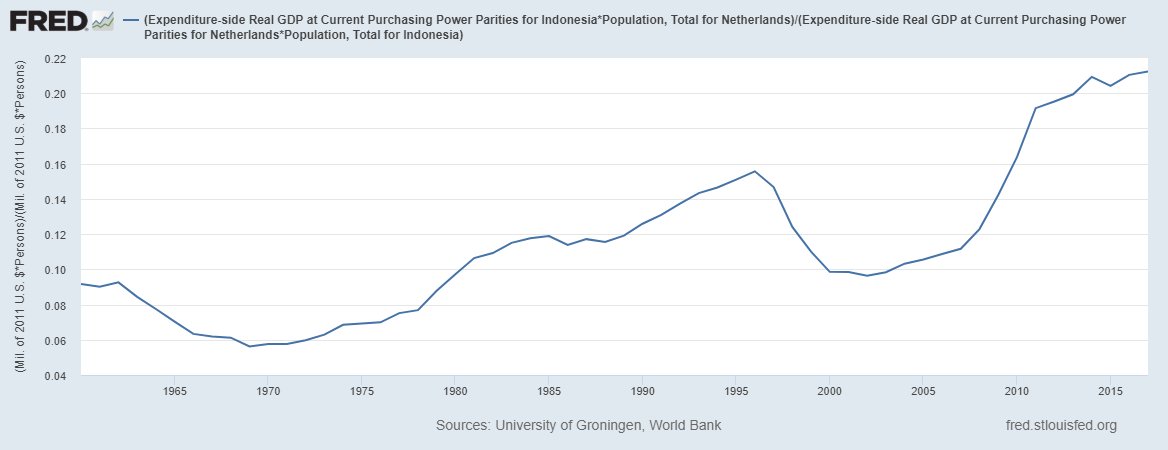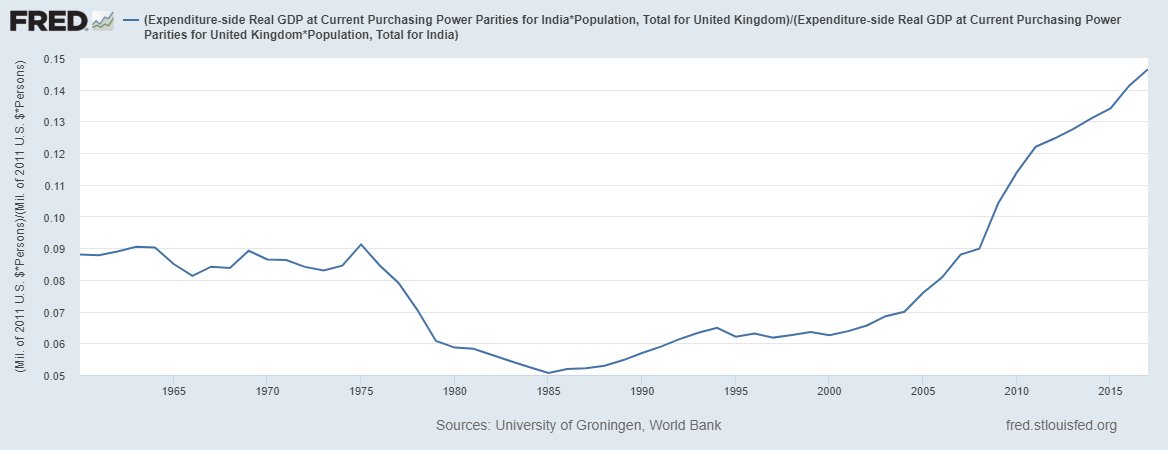
Just because bad guys do a bad thing and don't go to prison for it doesn't mean it's "normalized". The bar for normalization is much higher than that.
In particular, Trump's presidency never felt normal, and I would argue it was never popularly regarded as normal or treated as normal by our institutions or culture.
In fact, newspapers articles regularly now label Trump's claims "false", "misleading", "baseless", and even "lies". Which is of course correct, but also suggests that Trump got *less* normalized over time.
I would argue that Trump DID succeed in normalizing certain policies, like tariffs. But not others, like family separation. And neither his ideology nor his behavior in office were normalized.
In conclusion, we succeeded in not normalizing Trump.
Yay!
But that's a very different thing than getting rid of Trumpism, which we have not yet done.
(end)
Yay!
But that's a very different thing than getting rid of Trumpism, which we have not yet done.
(end)
• • •
Missing some Tweet in this thread? You can try to
force a refresh






